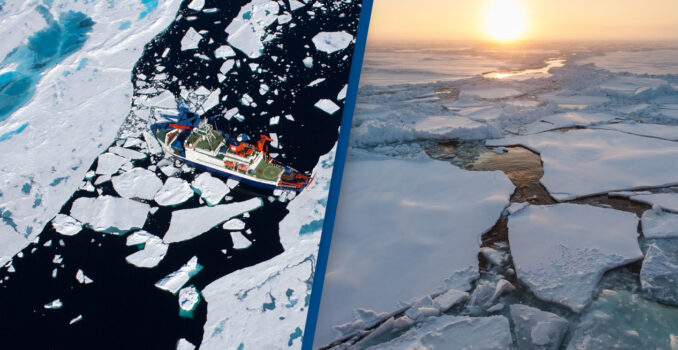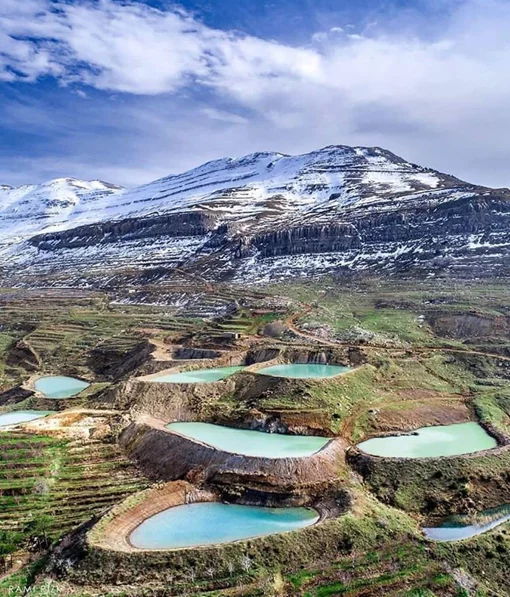Scientists fresh off a historic Arctic expedition issued a grave warning: Earth’s icy ocean is dying.
On Monday, October 12, Polarstern concluded its journey in Bremerhaven, Germany. Hundreds of researchers set off on the vessel in September 2019, looking at the devastating effects of climate change on the ice.
The planet is heating up, that we knew. However, ‘the Arctic is really this central place’ for global warming. For context, Earth has lost 28 trillion tonnes of ice since 1994.
The expedition was coordinated by the Observatory for the Study of Arctic Climate (MOSAiC). As reported by Vice, Markus Rex, an atmospheric scientist at Alfred Wegener Institute in Bremerhaven, said the Arctic ocean was ‘dying’.
Matthew Shupe, a fellow atmospheric scientist over at University of Colorado and a co-coordinator of MOSAiC, said: ‘The ice is declining very fast. We need to understand the Arctic in order to understand how it is playing along with the rest of global change.’
In late September, a National Snow and Ice Data Centre study revealed the Arctic sea’s ice to be at its second-lowest level ever recorded, dropping to 4.0 million square kilometres.
Tom Foreman, a polar wildlife expert and Arctic guide, earlier explained to The Guardian: ‘The numbers that we’re getting in terms of extent of sea ice decrease each year put us pretty much on red alert in terms of the level of worry that we have, our concern for the stability of this environment.’
Polarstern used a fascinating strategy to travel across the Arctic; the team replicated the tactic of Fridtjof Nansen, a Norwegian explorer in 1893 who allowed his ship to freeze to sea ice and drift across the water for three years.
MOSAiC’s voyage marked the first time this method had been used since then. Of course, they had more resources, like additional aircraft and technical advantages, with a cushy $154 million in funding from the German Federal Ministry of Education and Research and the US National Science Foundation and Department of Energy.
With their journey over for now, Shupe added: ‘As we go forward in time, that’s where it gets interesting for MOSAiC because it’s more than just my project, or someone else’s project. We designed it all together for all these projects to actually interact and cut across the system in really complex ways.’
He said, ‘You have to go there with all these people and all this sophisticated equipment in order to get that kind of information’, adding that the researchers will now get to work using their data to update current climate models.
Shupe urged: ‘That’s really the foundation of why we’re there, to collect this data and to turn it into knowledge that we can then use to develop and improve models. In the end, models are going to tell us about the climate in the future, models are going to be used to predict the weather, and we need those models to faithfully represent what is happening in the Arctic.’
It’s not just the Arctic, either – the Atlantic Ocean recently reached its hottest temperature in 2,900 years.

























